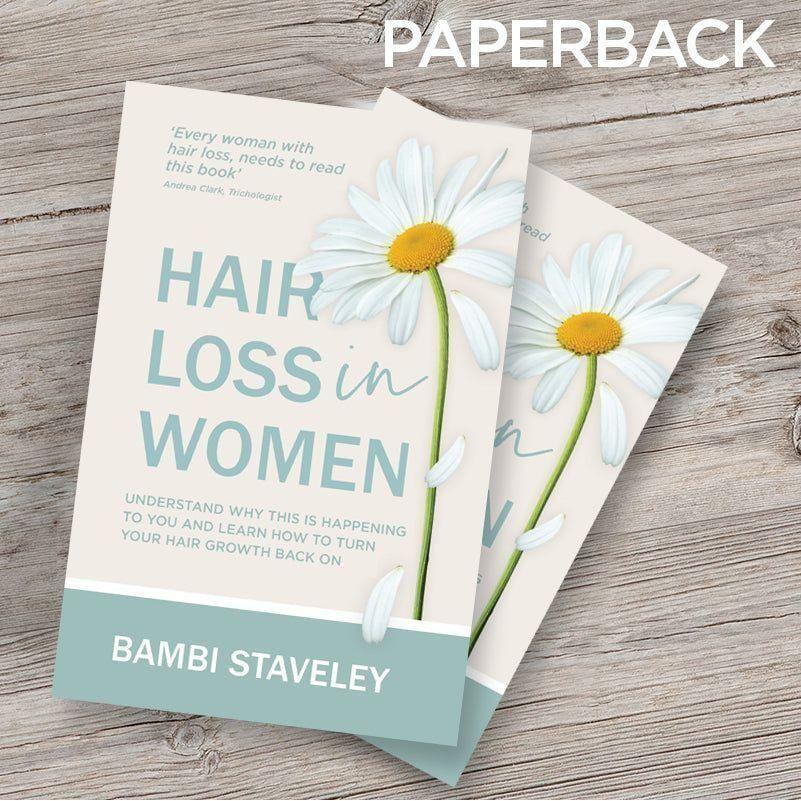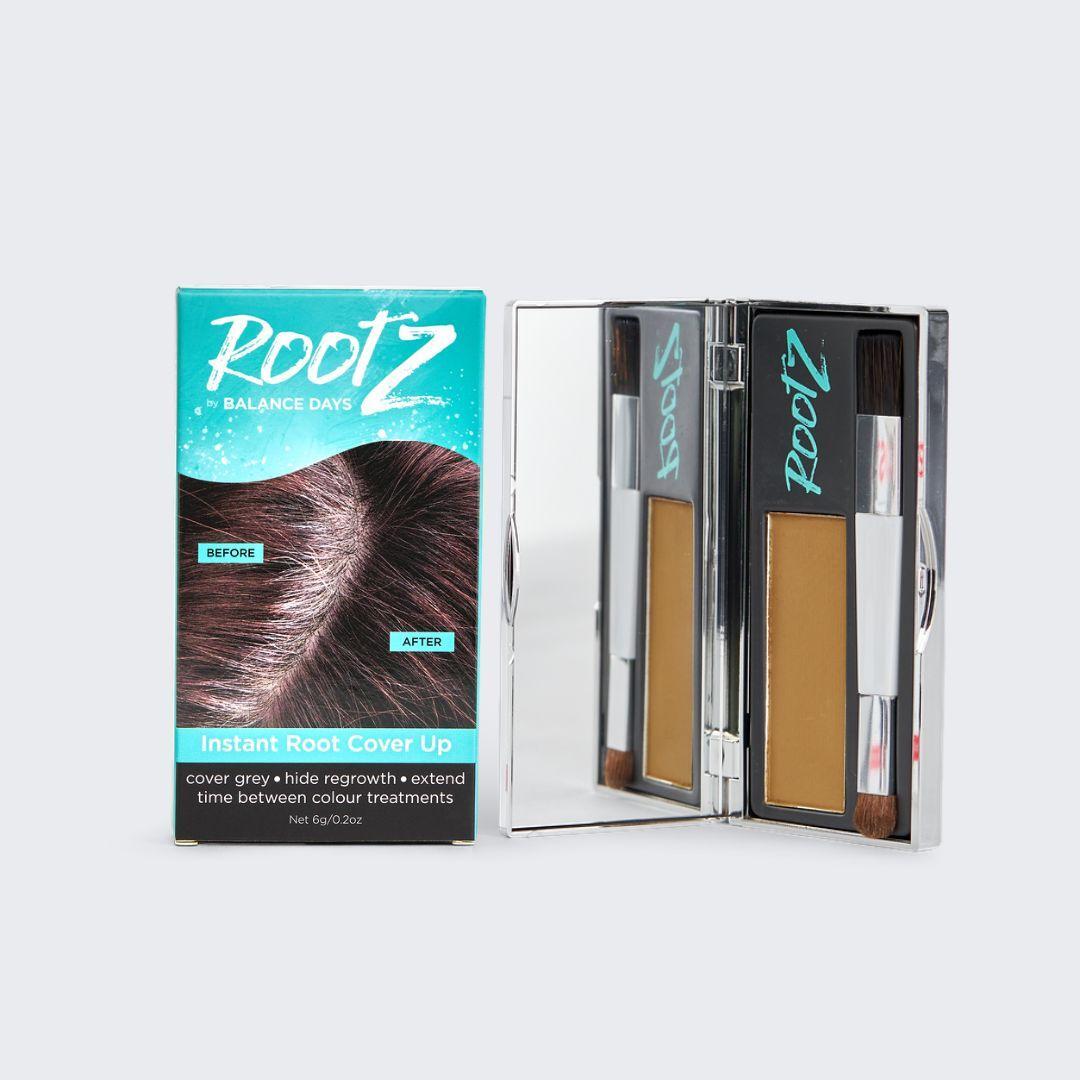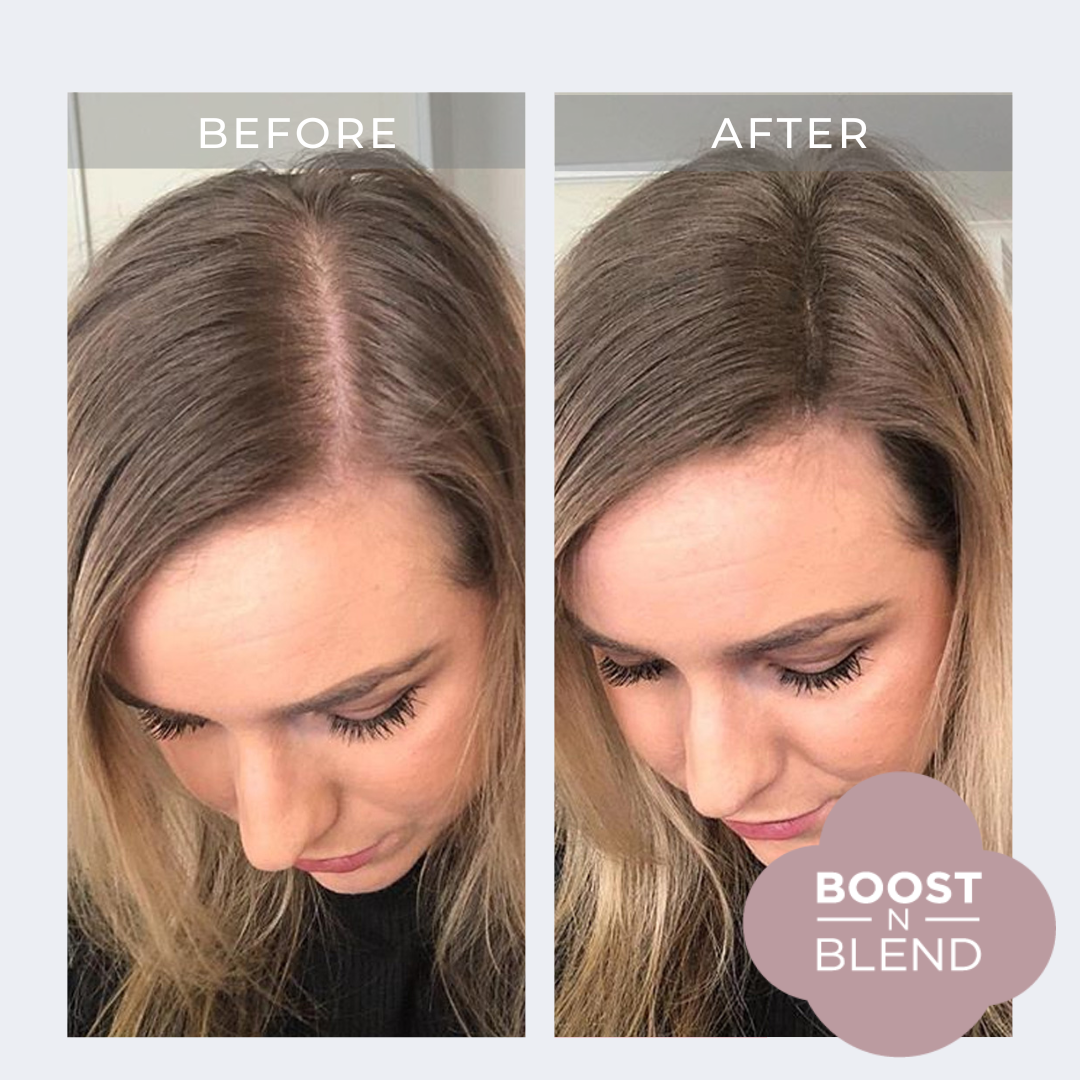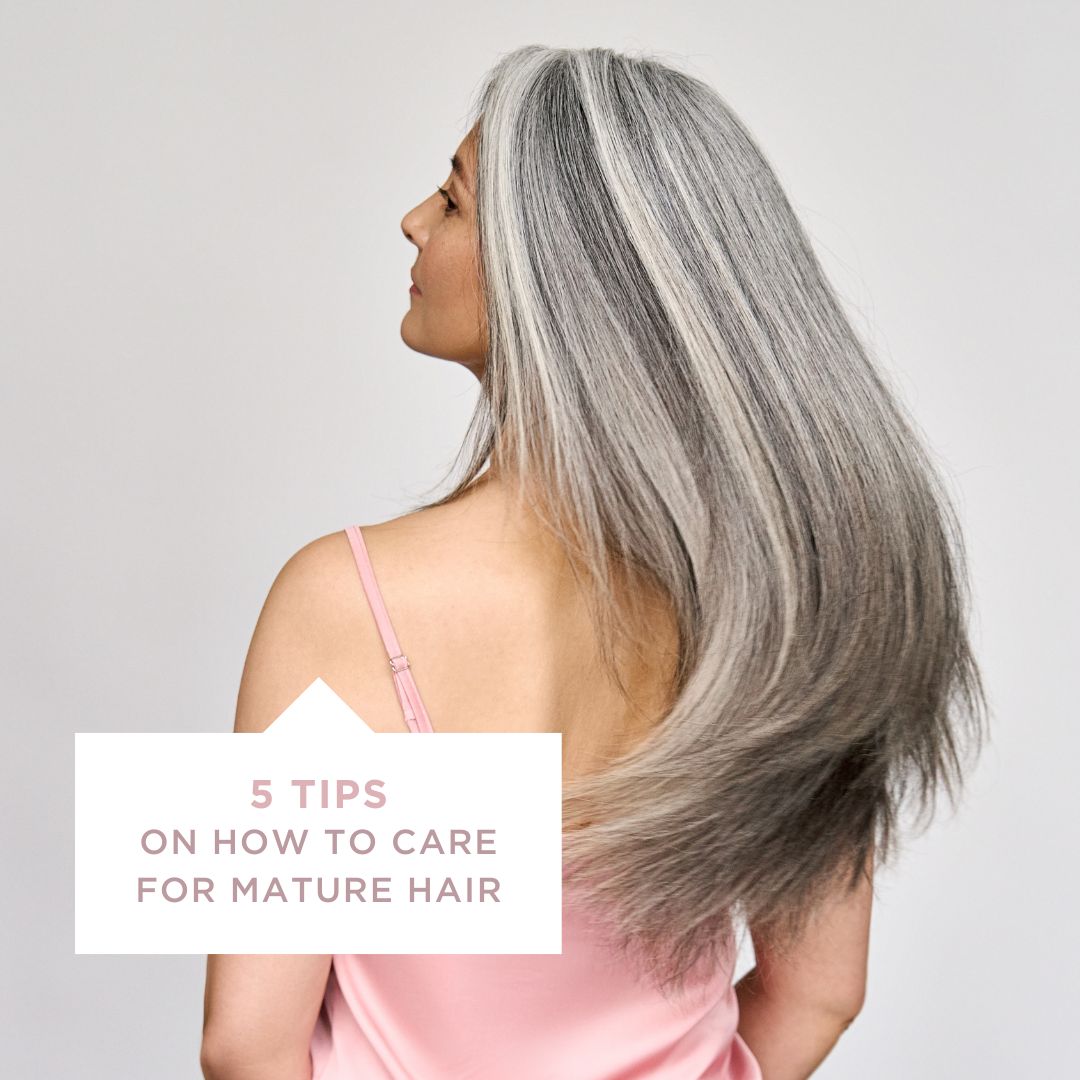Impact of Stress on Hair Loss - Stress Awareness Month
This Stress Awareness Month we’re taking the time to look further into the impact of stress on our lives, and perhaps even on our hair. The fact is, that stress can be a contributing factor into female hair loss. And it’s no wonder! Our founder Bambi Staveley has spent over a decade researching female hair loss, culminating in the fantastic book Hair Loss in Women below is a small excerpt from the book highlighting the impact of stress.
Two types of stress that can contribute to FHL
Acute stress – the stress caused by sudden, shocking, difficult things that happen, from sudden illness to the death of a loved one.
Cellular stress – a long-term degenerative process that affects many cells in the body including the cells of the hair follicle.
Many women take on too much. Full time work often in very high stress professions, plus everything else expected of women from child-bearing, to child-raising, to extended family responsibilities perhaps with ageing parents, combined with home and other pressing life issues and even for some women, adding study to their list of obligations. Combine these factors with the popularity of the contra- ceptive pill and its resulting hormonal effects, excessive demands on our time and, for many, a tendency to rely on a poor quality, fast-food diet, it is little wonder you find women of all ages, with all kinds of new ailments as manifestations of stress: chronic weight gain, heart disease and, of course, hair loss.
Stress appears to cause hair loss in a variety of ways. Perhaps the most significant and a common underlying cause, is inflammation, caused by the sustained increase in the body’s cortisol levels – our primary stress adaption hormone.
Long-term raised cortisol levels can lead to chronic inflammation and immune system suppression, which can lead to disease, like cancer and autoimmune diseases. In addition, this ‘cortisol effect’, compounded by lifestyle, poor diet and stress, leads to chronic systemic inflammation.
This is a vicious cycle: stress > raised cortisol > inflammation > female hair loss > stress.
Other factors may also be at play, such as type 2 diabetes, overweight and obesity, emotional and/or physical stress, and cellular stress that affects the mitochondria (or energy station) of the hair cell.
Stress is a major factor in our modern lives, and cortisol is the hormone we release to combat it. High circulating cortisol itself, without inflammation, is a known factor in hair loss and it can be measured by scalp-hair analysis. Increased levels of cortisol have been found in the scalp hair of people with hair loss, especially if they are also obese (which is considered a form of physical stress).
There is so much more to stress which is why there is an entire chapter on it in the book. If stress is part of your life, then you need to read this.
BUY FULL BOOK HERE:


















Leave a comment